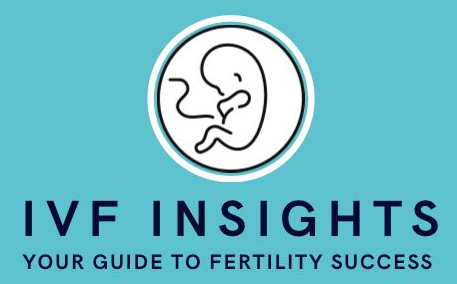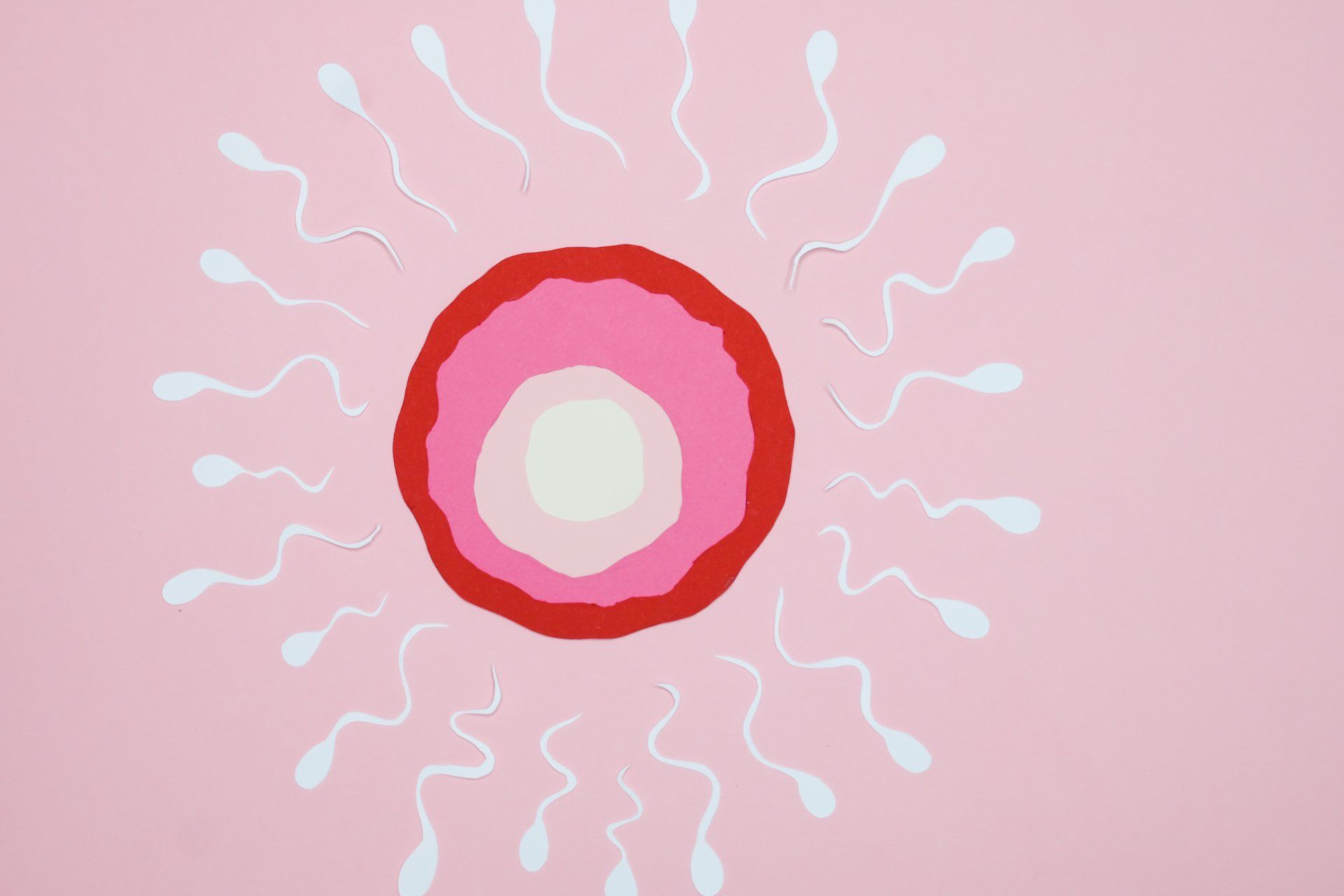
Crucial Insights: The Main Reason Of Blocked Fallopian Tubes
Embarking on the journey of conception can be both thrilling and challenging. For many couples, the road to parenthood is not always straightforward. Infertility issues can arise, and one common hurdle is blocked fallopian tubes. Understanding the main reasons behind this condition is crucial for those navigating fertility challenges.
Understanding Fallopian Tubes and Their Role in Conception
Fallopian tubes, two slender structures connecting the ovaries to the uterus, are central players in the process of conception. These tubes serve as the pathway for the egg to travel from the ovaries to the uterus, where fertilization typically occurs. A clear and unobstructed journey through these tubes is essential for successful conception.
You Might Also Like: Unveiling The Silent Struggle: Signs of Infertility in Woman
Impact of Blocked Fallopian Tubes on Fertility
When blockages occur in the fallopian tubes, the natural flow of the reproductive process is disrupted. The egg may encounter obstacles on its path, preventing it from meeting sperm for fertilization. This obstruction significantly impacts fertility leading to challenges in achieving a successful pregnancy.

The Main Reason Of Blocked Fallopian Tubes
While multiple factors can contribute to blocked fallopian tubes, one primary reason of blocked fallopian tubes stands out - pelvic inflammatory disease (PID). PID is an infection of the female reproductive organs, often caused by sexually transmitted infections (STIs) like chlamydia or gonorrhea. When left untreated, PID can lead to inflammation and scarring in the fallopian tubes, creating barriers for the egg's journey.
PID silently wreaks havoc in the reproductive system. According to recent studies, approximately 1 in 8 women with a history of PID will experience difficulties with fertility. The prevalence of STIs underscores the importance of regular screenings and prompt treatment to prevent the progression of infections to PID.
The insidious nature of PID lies in its often asymptomatic progression. Women may not experience noticeable symptoms, allowing the infection to persist unnoticed. As PID advances, it triggers inflammation, causing the delicate tissues of the fallopian tubes to become scarred and narrowed. Research indicates that even a single episode of PID can elevate the risk of fertility challenges.
Seeking Diagnosis and Treatment Options
Given the potential severity of blocked fallopian tubes, timely diagnosis and intervention are paramount. Women experiencing symptoms such as pelvic pain, unusual vaginal discharge, or pain during intercourse should seek prompt medical attention. Diagnosis typically involves a combination of medical history, physical examinations, and imaging tests, such as hysterosalpingography (HSG) or laparoscopy.
Once diagnosed, treatment strategies aim to address the underlying cause, such as administering antibiotics for PID or exploring surgical options to remove adhesions or correct structural issues. In some cases, assisted reproductive technologies (ART), like in vitro fertilization (IVF), may be recommended to bypass fallopian tube challenges.

Reason For Blocked Fallopian Tubes: 10 More Causes
The complexity of fertility challenges often involves a combination of factors. While PID is a standout reason of blocked fallopian tubes, it's essential to recognize that other factors can also play a role. In addition to pelvic inflammatory disease (PID), several other reasons of blocked fallopian tubes. Let's explore some of these factors:
1. Endometriosis:
Endometriosis is a condition where tissue similar to the lining of the uterus grows outside the uterus. The presence of endometrial tissue in the fallopian tubes can lead to blockages and interfere with the normal functioning of the tubes.
2. Prior Surgeries or Procedures:
Previous surgeries involving the reproductive organs or abdominal area can result in adhesions or scar tissue. Adhesions may obstruct the fallopian tubes, affecting the passage of eggs and sperm.
3. Sexually Transmitted Infections (STIs):
Besides PID, other STIs, such as chlamydia and gonorrhea, can cause inflammation and scarring in the reproductive organs, including the fallopian tubes.
4. Uterine Fibroids:
Fibroids are noncancerous growths in the uterus. Depending on their size and location, fibroids can impact the fallopian tubes and contribute to blockages.
5. Hydrosalpinx:
This condition occurs when a fallopian tube becomes filled with fluid, often due to a previous infection or inflammation. Hydrosalpinx can lead to the blockage of the tube and affect fertility.
6. Ectopic Pregnancies:
Ectopic pregnancies, where a fertilized egg implants outside the uterus, can cause damage to the fallopian tubes.
Scarring from such pregnancies may result in blockages.
7. Congenital Anomalies:
Some women may have congenital (birth) abnormalities affecting the structure of the reproductive organs, including the fallopian tubes. These anomalies can contribute to blockages or impaired function.
8. Tubal Ligation Reversal Complications:
In cases where a woman has undergone tubal ligation (surgical sterilization) and later opts for reversal, complications from the reversal procedure can impact the tubes.
9. Tuberculosis:
In rare instances, tuberculosis (TB) can affect the fallopian tubes, causing inflammation and blockages.
10. Unexplained Causes:
In some cases, despite thorough testing, the specific cause of blocked fallopian tubes may remain unexplained. It's crucial to note that the interplay of these factors can vary among individuals. Comprehensive medical evaluation and diagnostic procedures are essential for determining the specific cause of blocked fallopian tubes in each case.

Conclusion For Reason of Blocked Fallopian Tubes
Understanding the main reason of blocked fallopian tubes, particularly the significant role of PID, sheds light on potential paths to fertility restoration. Early detection, regular screenings, and prompt treatment of infections are crucial steps in safeguarding reproductive health. As science advances, a comprehensive approach that combines medical intervention with emotional support paves the way for hopeful journeys to parenthood.
For those facing fertility challenges, it's essential to recognize that each journey is unique. As we conclude this insightful journey into the main reason of blocked fallopian tubes, we extend our support to all individuals and couples facing fertility concerns. The path to parenthood may have its twists and turns, but with knowledge, resilience, and a community of support, the destination becomes a hopeful reality. Remember, the journey is as important as the destination, and every step forward is a triumph in itself. You are not alone.



